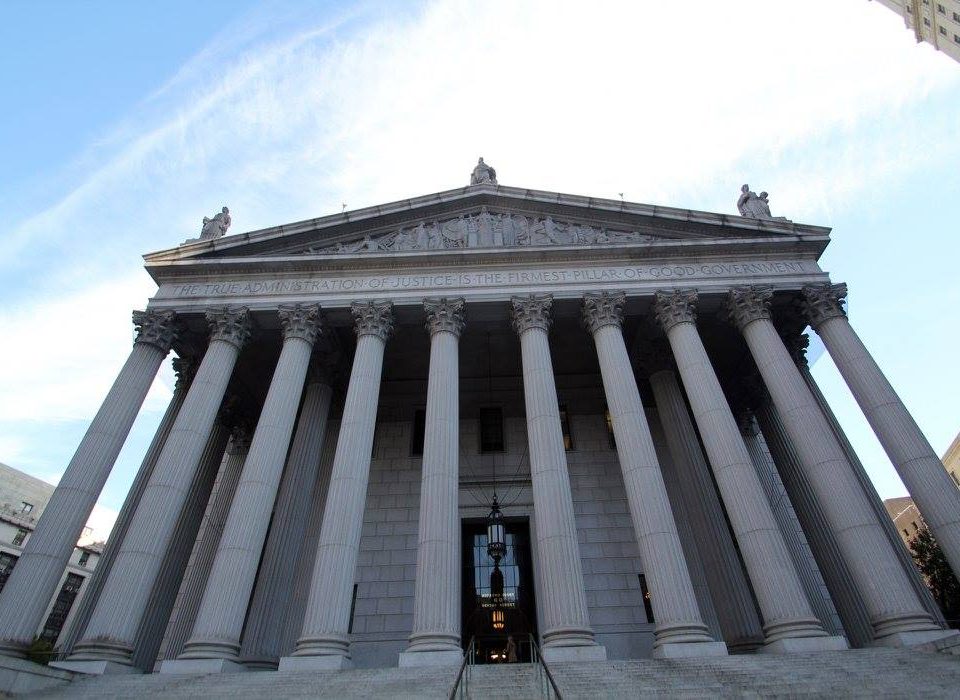Financial Transaction Device Without Consent
WHAT IS FINANCIAL TRANSACTION DEVICE (FTD) WITHOUT CONSENT?
MCL § 750.157n defines Financial Transaction Device (FTD) Without Consent. FTD is more commonly referred to as Credit Card theft. Michigan law states that a person who steals or knowingly takes or removes a financial transaction device from the person or possession of a device holder, or who knowingly retains, possesses, secretes, or uses a financial transaction device without the consent of the device holder is guilty of a felony.
A conviction for unlawful use of a financial transaction device, without consent, is a very serious offense. This can cause damage to a person’s reputation and career, as it is considered a crime of theft and dishonesty. The potential penalties range from having a felony conviction, to serving multiple years in a Michigan prison. It is critical when an individual is charged with using a financial transaction device without consent, to have the matter addressed by an experienced criminal defense attorney.
As used in this chapter:
(a) “Credit card” means either of the following:
(i) Any instrument or device which is sold, issued, or otherwise distributed by a business organization or financial institution for the use of the person or organization identified on the instrument or device for obtaining goods, property, services, or anything of value on credit.
(ii) An instrument or device which is issued or otherwise distributed by an organization for the use of the person identified on the instrument or device for obtaining health care services or goods or reimbursement or payment for health care services or goods. As used in this subparagraph, “organization” means any of the following:
(A) A dental care corporation incorporated under Act No. 125 of the Public Acts of 1963, being sections 550.351 to 550.373 of the Michigan Compiled Laws.
(B) A health care corporation incorporated under the nonprofit health care corporation reform act, Act No. 350 of the Public Acts of 1980, being sections 550.1101 to 550.1704 of the Michigan Compiled Laws.
(C) A health maintenance organization licensed under article 17 of the public health code, Act No. 368 of the Public Acts of 1978, being sections 333.20101 to 333.22181 of the Michigan Compiled Laws.
(D) An insurer as defined in section 106 of the insurance code of 1956, Act No. 218 of the Public Acts of 1956, being section 500.106 of the Michigan Compiled Laws.
(E) A third party administrator operating under a certificate of authority issued by the commissioner pursuant to the third party administrator act, Act No. 218 of the Public Acts of 1984, being sections 550.901 to 550.962 of the Michigan Compiled Laws.
(b) “Deposit account” includes share, deposit, member, and savings accounts of financial institutions.
(c) “Credit account” means the account through which a business organization or financial institution allows a person or organization to obtain goods, property, services, or any other thing of value on credit.
(d) “Deviceholder” means either of the following:
(i) The person or organization who requests a financial transaction device and to whom or for whose benefit a financial transaction device is subsequently issued.
(ii) The person or organization to whom a financial transaction device was issued and who used or accepted a financial transaction device, whether the issuance of the financial transaction device was requested or not.
(e) “Financial institution” means a bank, savings and loan association, or credit union, and includes a corporation wholly owned by a financial institution or by the holding company parent of a financial institution.
(f) “Financial transaction device” means any of the following:
(i) An electronic funds transfer card.
(ii) A credit card.
(iii) A debit card.
(iv) A point-of-sale card.
(v) Any instrument, device, card, plate, code, account number, personal identification number, or a record or copy of a code, account number, or personal identification number or other means of access to a credit account or deposit account, or a driver's license or state identification card used to access a proprietary account, other than access originated solely by a paper instrument, that can be used alone or in conjunction with another access device, for any of the following purposes:
(A) Obtaining money, cash refund or credit account, credit, goods, services, or any other thing of value.
(B) Certifying or guaranteeing to a person or business the availability to the deviceholder of funds on deposit to honor a draft or check payable to the order of that person or business.
(C) Providing the deviceholder access to a deposit account for the purpose of making deposits, withdrawing funds, transferring funds between deposit accounts, obtaining information pertaining to a deposit account, or making an electronic funds transfer as defined in section 3(4) of Act No. 322 of the Public Acts of 1978, being section 488.3 of the Michigan Compiled Laws.
(g) “Proprietary account” means the account which is maintained by a business organization in the name of an individual person or organization and through which the business organization allows the person or organization to obtain goods, property, services, or any other thing of value on credit.
(1) A person who steals knowingly takes, or knowingly removes a financial transaction device from the person or possession of a deviceholder, or who knowingly retains, knowingly possesses, knowingly secretes, or knowingly uses a financial transaction device without the consent of the deviceholder, is guilty of a felony.
(2) A person who knowingly possesses a fraudulent or altered financial transaction device is guilty of a felony.
A person who has in his or her possession, or under his or her control, or who receives from another person a financial transaction device with the intent to use, deliver, circulate, or sell the financial transaction device, or to permit, cause, or procure the financial transaction device to be used, delivered, circulated, or sold, knowing the possession, control, receipt, use, delivery, circulation, or sale to be without the consent of the deviceholder, is guilty of a felony.
A person who delivers, circulates, or sells a financial transaction device which was obtained or held by that person under circumstances proscribed under section 157n, 157p, or 157v, or uses, permits, causes, or procures the financial transaction device to be used, delivered, circulated, or sold, knowing the device to have been obtained or held under circumstances proscribed under section 157n, 157p, or 157v is guilty of a felony.



